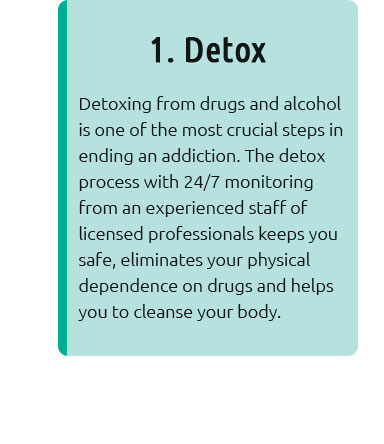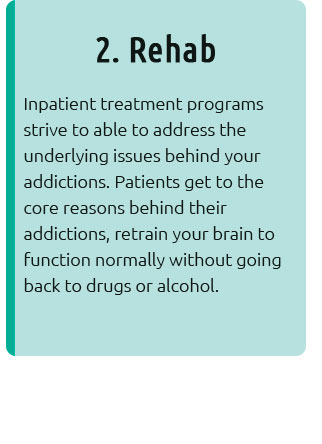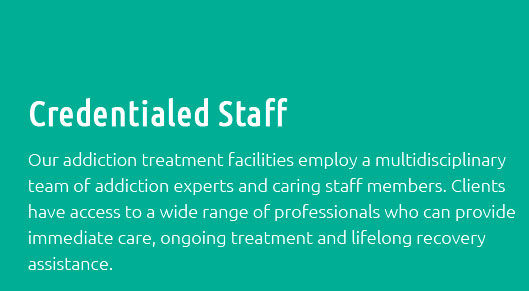 |
 |
 |
 |
 |
 |
||
 |
 |
 |
 |
 |
 |
 |
||
 |
||
 |
||
 |
 |
 |
|
 |
|
Understanding Inpatient Alcohol Rehab: A Comprehensive GuideAlcohol addiction is a pervasive issue that affects countless individuals across the globe, and for those grappling with this condition, finding the right treatment option is crucial. One of the most effective approaches is inpatient alcohol rehab, a structured environment designed to foster recovery and provide comprehensive support. But what exactly does this entail, and why might it be the best choice for some individuals? Inpatient alcohol rehab centers offer a unique blend of therapies and resources that are often unavailable in outpatient settings. These facilities provide a controlled, safe environment where patients can focus entirely on their recovery without the distractions and triggers of everyday life. The constant supervision and support from a dedicated team of professionals ensure that individuals receive the care they need at every step of their journey. One of the primary benefits of inpatient rehab is the intensive, round-the-clock care. This level of attention is particularly beneficial during the detoxification process, where withdrawal symptoms can be severe and, in some cases, life-threatening. Having medical professionals on hand to monitor and manage these symptoms is a significant advantage, ensuring both safety and comfort for the patient. Another critical aspect of inpatient care is the access to a variety of therapeutic interventions. These can include individual therapy, group sessions, and holistic practices such as meditation and yoga. By addressing the physical, emotional, and psychological facets of addiction, these centers offer a comprehensive approach that fosters healing and growth. Community and peer support are also integral components of inpatient rehab. Being surrounded by others who are on similar journeys can be incredibly empowering. Patients often form lasting bonds with their peers, providing a support network that can extend beyond their time in the facility. Moreover, inpatient programs are typically tailored to the individual's specific needs, which means that the duration and type of treatment can be adjusted to achieve the best possible outcomes. This personalized approach ensures that each person receives the care that is most effective for their particular situation. Despite the many benefits, it is essential for individuals and their families to consider a few factors before choosing inpatient rehab. The commitment required can be significant, as patients are typically asked to stay at the facility for a period ranging from a few weeks to several months. Additionally, the cost can be higher than outpatient options, although many centers offer financial assistance or accept insurance to help alleviate this burden. In conclusion, inpatient alcohol rehab centers provide a comprehensive, immersive treatment option for those seeking to overcome addiction. With their structured environments, professional support, and diverse therapeutic offerings, they present a compelling choice for individuals determined to reclaim their lives from the grips of alcohol dependence. When considering the best path forward, it's crucial to weigh the benefits of inpatient care and consult with healthcare professionals to make an informed decision that aligns with the individual's needs and circumstances. https://www.hazeldenbettyford.org/locations/naples
Hazelden Betty Ford's Florida campus provides innovative and respectful addiction treatment and mental health services to encourage hope and healing. https://www.psychologytoday.com/us/treatment-rehab/fl/naples?category=alcohol-rehab
At Hazelden Betty Ford, a multidisciplinary teampsychiatrists, nurses, mental health therapists, addiction counselorsworks in concert to develop your ... https://whitesandstreatment.com/locations/florida/naples/
Discover effective drug and alcohol detox at WhiteSands in Naples, FL. Personalized rehab programs to support your recovery. Call 877-640-7820 today!
|